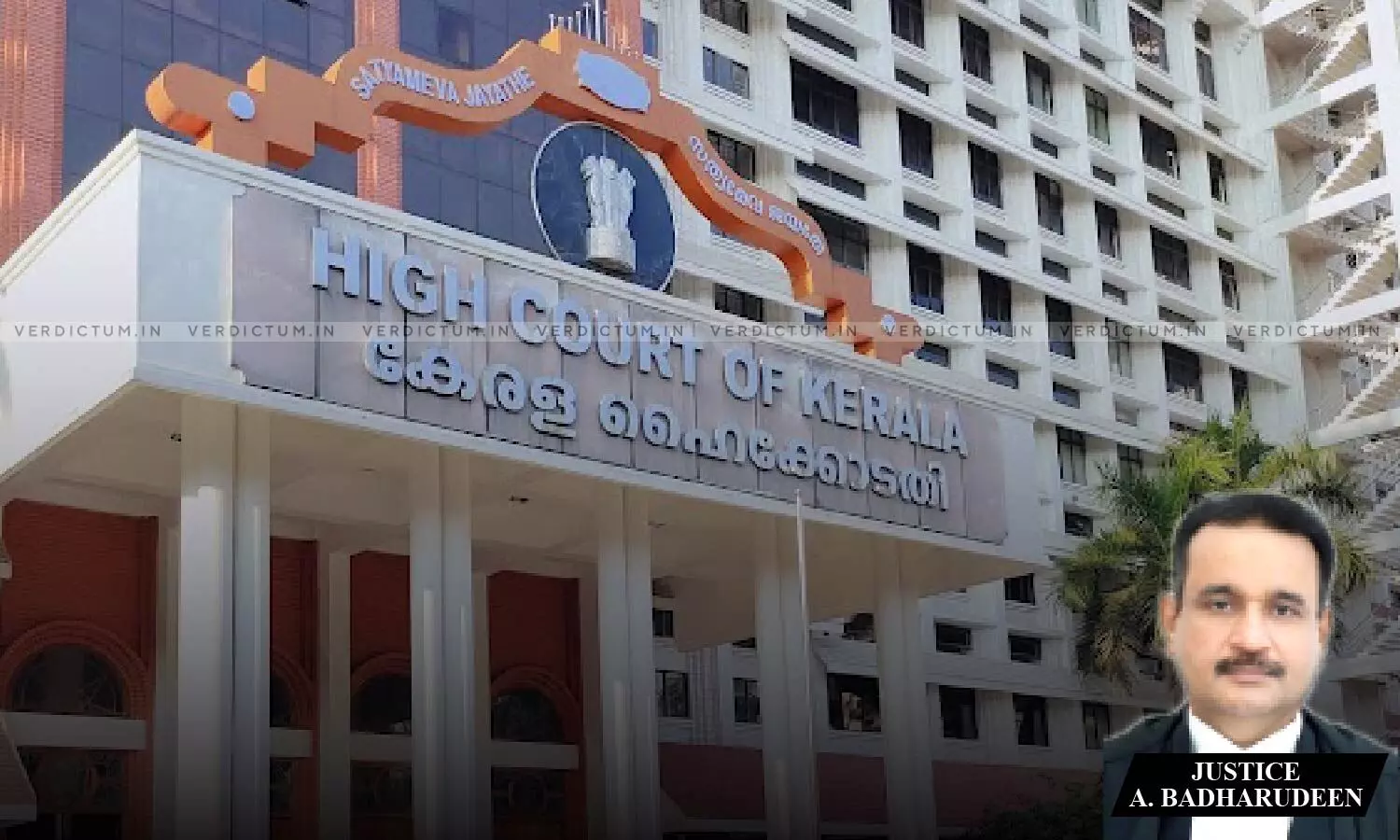
Non-Conduct Of Test Identification Parade Is Fatal Where Accused Is Identified By Occurrence Witness Who Is Not Familiar To Him: Kerala HC
 |
|While stating that the prosecution witness failed to propose the manner in which they identified the accused during accident at the dock during cross-examination before police, the Kerala High Court set aside the conviction and sentence imposed by the trial court as well as the appellate court on the revision petitioner/accused without properly identifying the accused as the person, who drove the offending lorry at the time of accident.
A Single Judge Bench of Justice A. Badharudeen observed," However, the Bench clarified that the situation is different when the witness identifies the accused, who is not familiar to him, at the dock and he did not give statement before the police regarding the identity of the accused and the manner in which such identification was imprinted in his mind with certainty, in such cases corroboration by test identification parade should have been resorted to and in such cases, non-conduct of test identification parade (TIP) is fatal."
Senior Advocate S. Sreekumar appeared for the Petitioner, whereas PP M.P Prasanth appeared for the Respondent.
The brief facts of the case were that while the accused was driving a tanker lorry in a rash and negligent manner, the tanker lorry dashed against an Activa Scooter ridden by one Babu along with a pillion rider `Anandu’. Resultantly, Babu died and the pillion rider sustained injuries and thereby the accused committed offences punishable under Sections 279, 337 and 304A of the Indian Penal Code (IPC) as well as 134(a) read with Section 187 of the Motor Vehicles Act (M.V Act). During trial, the Magistrate Court convicted the accused for the offences punishable under Sections 279, 337 and 304A IPC as well as 134(a) r/w Section 187 of the Motor Vehicles Act and sentenced the accused.
After considering the submission, the Bench observed that the identification of the accused person at the dock during trial, in cases of direct evidence, for the first time from its very nature is inherently of a weak piece of evidence.
“The purpose of a prior test identification, therefore, is to test and strengthen the trustworthiness of that evidence. Thus, test identification parade (TIP) is considered as a safe rule of prudence generally to look for corroboration of the sworn testimony of witnesses in court as to the identity of the accused who are strangers to them, in the form of earlier identification proceedings”, added the Bench.
This rule of prudence, however, the Bench stated is subject to exceptions, when, for example, the court is impressed by a particular witness on whose testimony it can safely rely, without such or other corroboration.
“At the same time, much evidentiary value cannot be attached to the identification of the accused in court where identifying witness is a total stranger who had just a fleeting glimpse of the person identified or who had no particular reason to remember the person concerned, if the identification is made for the first time in court”, added the Bench.
The Bench clarified that the failure to hold a test identification parade would not make inadmissible the evidence of identification in court, if such identification is wholly reliable.
“Indubitably, identification parades as a rule of prudence to be resorted to at the stage of investigation, and there is no provision in the Cr.P.C which obliges the investigating agency to hold, or confers a right upon the accused to claim a test identification parade”, added the Bench.
The Bench went on to observe that Test identification parades do not constitute substantive evidence, as the substantive evidence is the evidence of identification in court and the test identification parade provides corroboration to the identification of the witness in court, if required.
Accordingly, the Bench acquitted the accused.
Cause Title: Pauly v. State of Kerala
Click here to read/download the Order